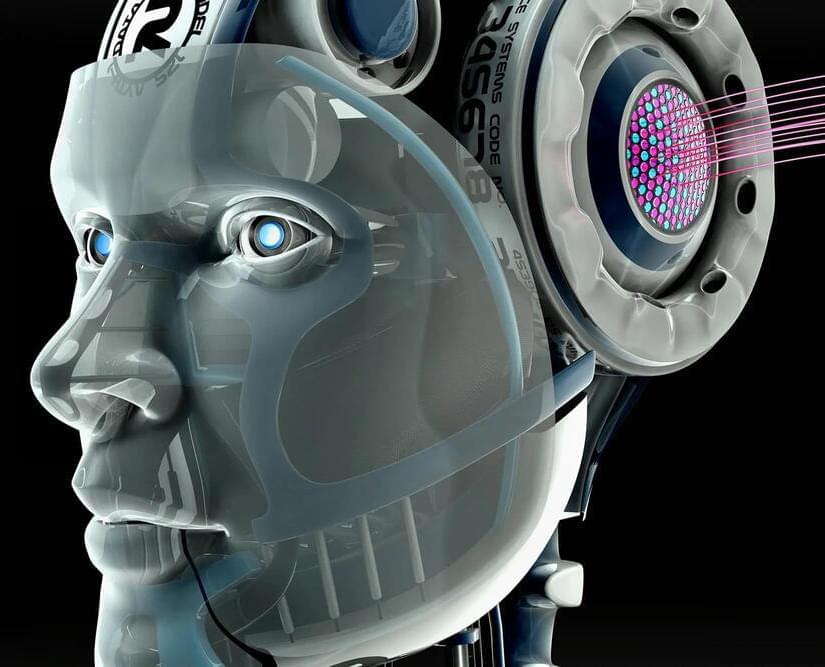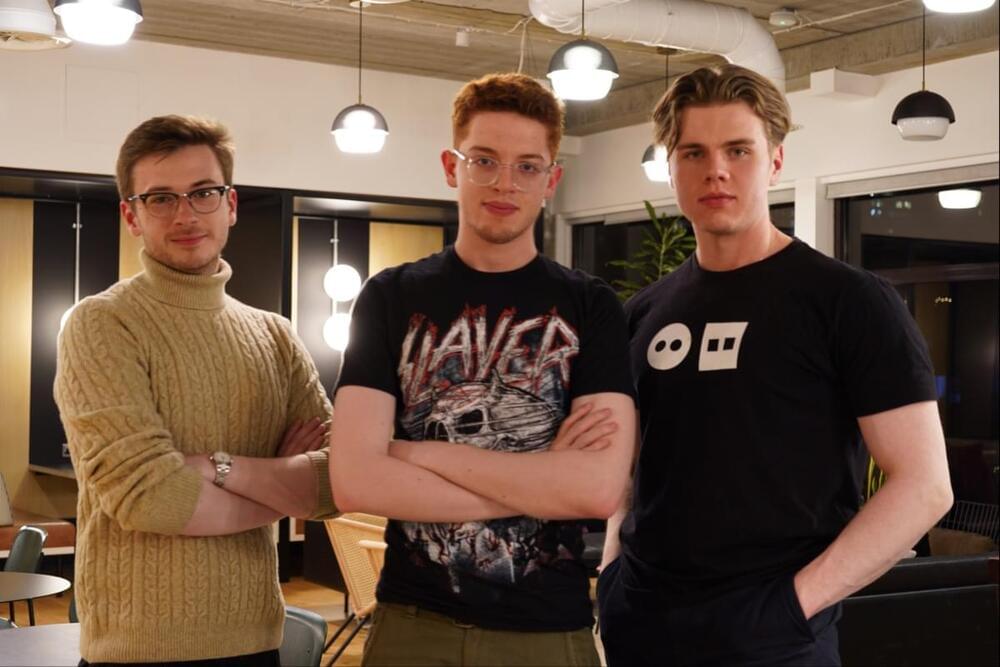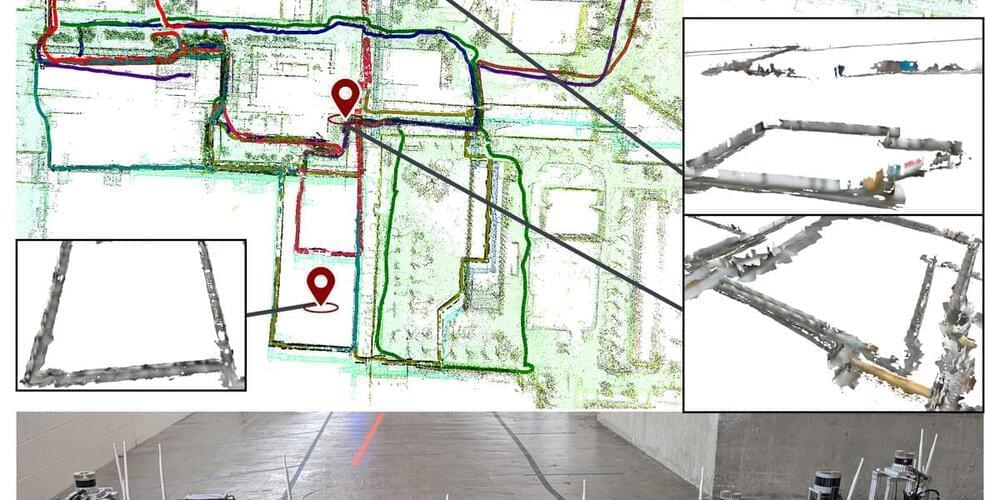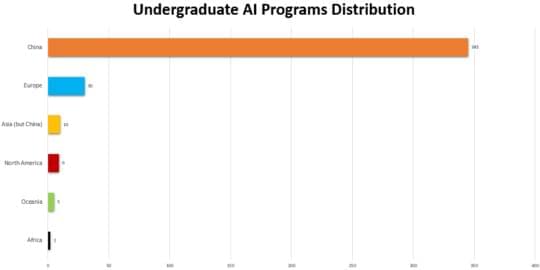The system demonstrated its chops on Kepler’s third law of planetary motion, Einstein’s relativistic time-dilation law, and Langmuir’s equation of gas adsorption.
AI-Descartes, a new AI scientist, has successfully reproduced Nobel Prize-winning work using logical reasoning and symbolic regression to find accurate equations. The system is effective with real-world data and small datasets, with future goals including automating the construction of background theories.
In 1918, the American chemist Irving Langmuir published a paper examining the behavior of gas molecules sticking to a solid surface. Guided by the results of careful experiments, as well as his theory that solids offer discrete sites for the gas molecules to fill, he worked out a series of equations that describe how much gas will stick, given the pressure.






